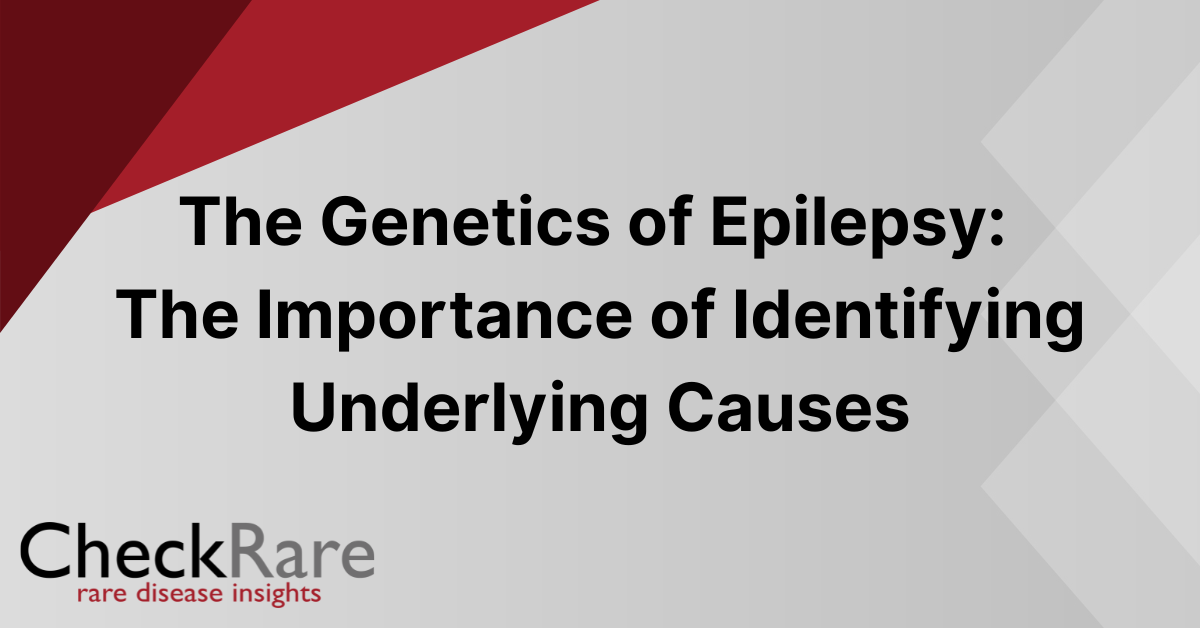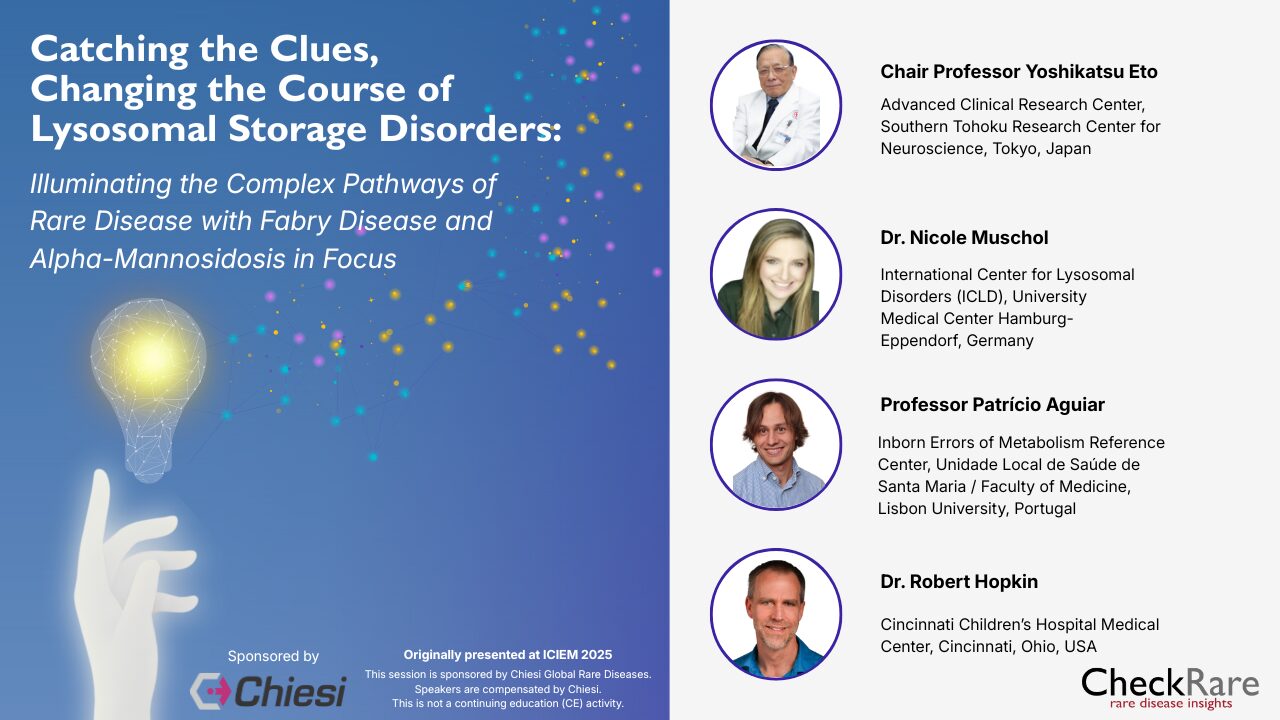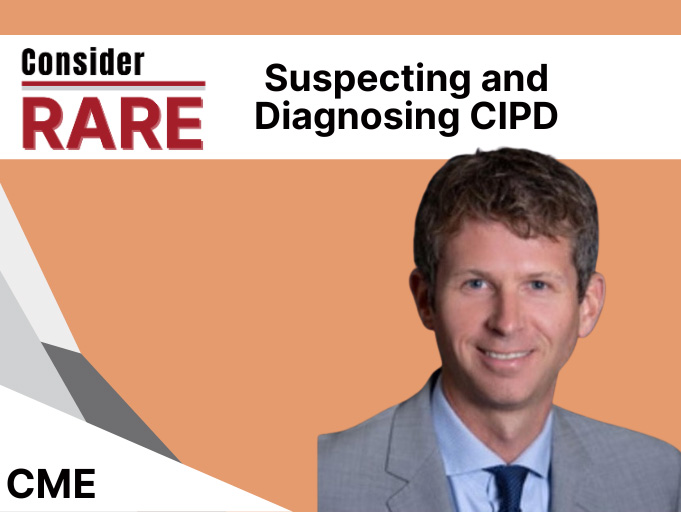Diseases
Autoimmune/Auto-inflammatory Disorders
Disease overviews, clinically relevant perspectives, and news about the most important research in rare autoimmune and auto-inflammatory disorders.
Latest Content | E-mail Alert
Cancers
There are over 200 different types of rare cancers, but only a small number of people are diagnosed with each type. Many of those cancers are highlighted in this section.
Latest Content | E-mail Alert
Congenital and Genetic Conditions
Congenital disorders can be inherited or caused by environmental factors and can vary from mild to severe. This section is focused on genetic and congenital disorders in children and adolescents.
Latest Content | E-mail Alert
Endocrine Disorders
According to the NIH, there are more than 175 rare diseases that affect the endocrine system. In this section we highlight many of them and provide clinically relevant perspectives on these rare diseases.
Latest Content | E-mail Alert
Gastrointestinal Diseases
Expert insight and general news into relevant research on diseases of the gastrointestinal tract.
Latest Content | E-mail Alert
Heart Diseases
According to the CDC, approximately one in four deaths is a result of heart disease. Health care providers are trained to focus on the more prevalent heart diseases. This section is focused on rare and often neglected heart conditions.
Latest Content | E-mail Alert
Hematologic Disorders
Many of the more “common” blood diseases are considered “rare,” affecting less than 200,000 U.S. citizens. These conditions primarily affect the blood & blood-forming organs. In this section we provide news, research summaries, and meeting reports relevant to the hematologic community.
Latest Content | E-mail Alert
Kidney and Urinary Diseases
Diseases of the kidney and urinary affects over 30 million Americans and can lead to various related health problems, such as weak bones, nerve damage, and malnutrition. In this section we provide news and updates focused on rare kidney and urinary diseases.
Latest Content | E-mail Alert
Lung Diseases
Learn about the symptoms, causes, management and available treatments of rare lung disorders. Perspectives on the latest clinically relevant research, guideline updates, and new drug approvals.
Latest Content | E-mail Alert
Lysosomal Storage Disorders
Lysosomal storage diseases are a group of approximately 50 rare inherited metabolic diseases that are characterized by an abnormal build-up of various toxic materials in the body’s cells as a result of enzyme deficiencies. We provide interviews with leading experts, general news and clinical trial updates.
Latest Content | E-mail Alert
Metabolic Disorders
News, Interviews, and expert insight into the latest research relevant to rare metabolic diseases.
Latest Content | E-mail Alert
Musculoskeletal Diseases
A wide range of rare conditions involve the musculoskeletal system. Some of these disorders arise from genetic problems in the muscles themselves, while others involve the nerves or bones.
Latest Content | E-mail Alert
Neurology / Nervous System Diseases
Rare neurological disorders are diseases of the brain, spine, and autonomic nervous system. This section provides overviews of several of those conditions, as well news, clinical trial updates, and expert opinions form leading neurologists.
Latest Content | E-mail Alert
Ophthalmology/Eye Diseases
Disease overviews and news and key expert videos focused on rare eye disorders.
Latest Content | E-mail Alert
Skin Conditions
Disease overviews, clinically relevant perspectives, and news on the most important research in rare skin disorders.
Latest Content | E-mail Alert
Policies
Information
Get Help
Topics
Watch the DAYBUE® (trofinetide) in Practice Video Series to Hear Expert Insights on the First Treatment for This Rare Disease)
Rett syndrome thought leaders discuss how DAYBUE™ (trofinetide), the first and only FDA-approved treatment for Rett syndrome in adults and pediatric patients 2 years of age and older, plays a role in their patients’ treatment plans, while shedding light on their personal experiences with DAYBUE in their practices.









Chapter 1: Introduction to Gene Directed Therapies
CheckRare December 22, 2025 3:08 pm